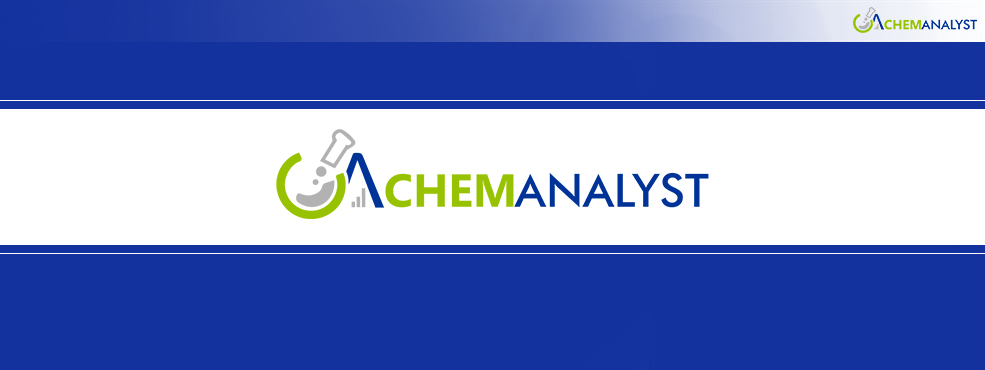Welcome To ChemAnalyst

Glyoxal prices in China moved lower through August 2025, pressured by subdued demand and sufficient domestic availability. Although prices for feedstock crept up, producers managed to shield conversion margins by drawing from prior stockpiles, which prevented significant upward cost push. Ample inventory levels, combined with weak offtake from downstream users, created a sellers’ market where competition leaned more on securing volumes rather than raising prices. With no major supply disruptions and end-user hesitation prevailing, the overall market tone in August remained soft, prompting a downward trajectory in glyoxal pricing.
Key Takeaways
Glyoxal Supply Stays Comfortable Despite Logistics Strain
China&#xx;s Glyoxal supply base remained strong in August, supported by firm plant run rates and wholesome inventories at primary hubs. A slight increase in upstream monoethylene glycol (MEG) prices was largely offset by reliance on past stockpiles,...
We use cookies to deliver the best possible experience on our website. To learn more, visit our Privacy Policy. By continuing to use this site or by closing this box, you consent to our use of cookies. More info.
